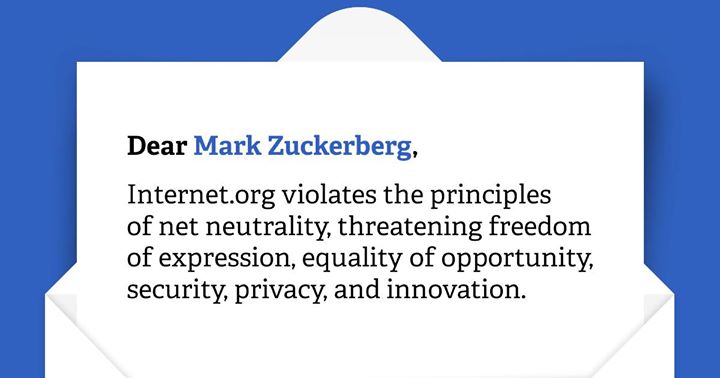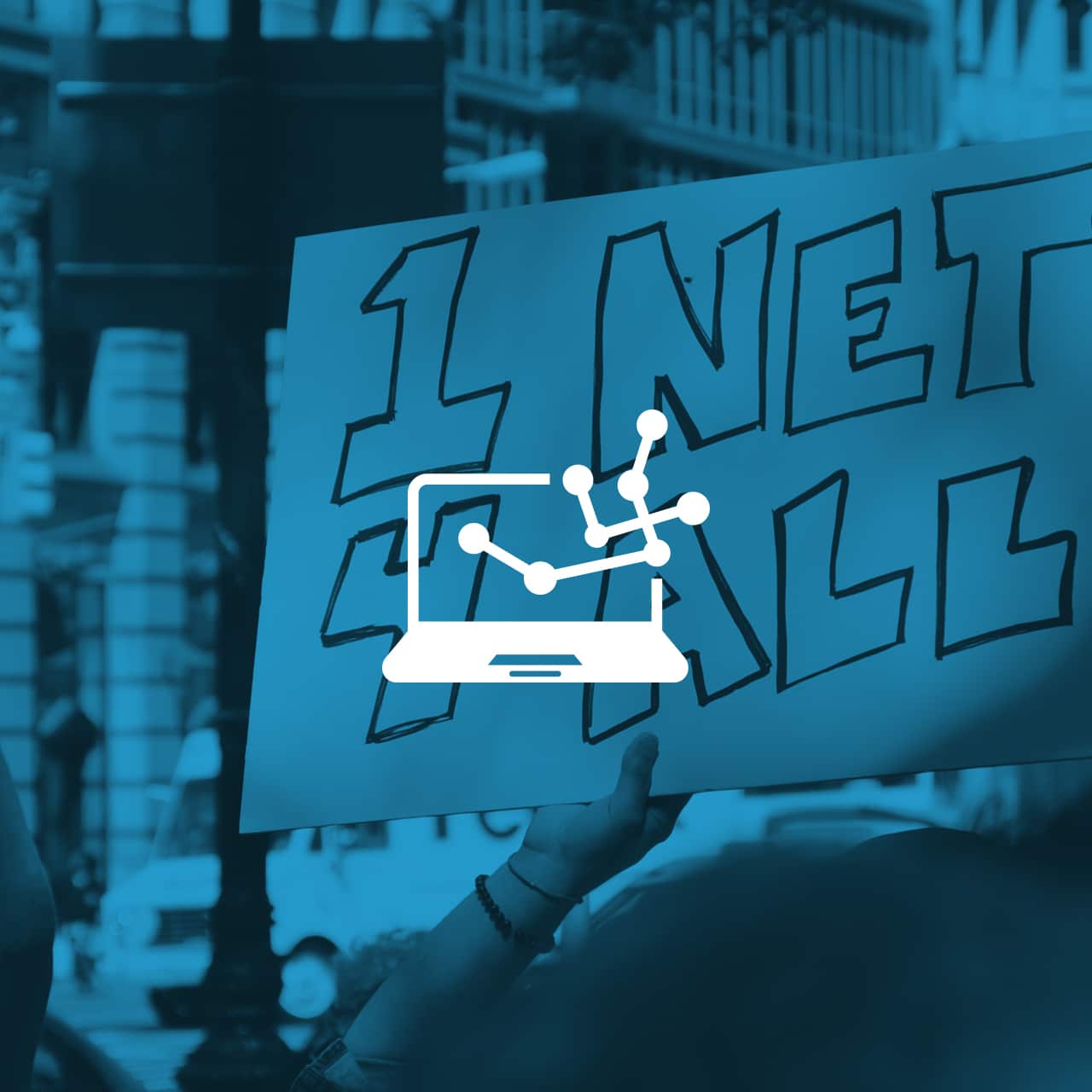
Today 65 organizations from 31 countries and regions released an open letter to Facebook CEO Mark Zuckerberg detailing significant concerns with Facebook’s Internet.org initiative. The project, which seeks to “connect two-thirds of the world that don’t have internet access,” is increasingly under fire for violating net neutrality and, in its latest iteration, failing to protect the security and privacy of users.
“It is our belief that Facebook is improperly defining net neutrality in public statements and building a walled garden in which the world’s poorest people will only be able to access a limited set of insecure websites and services,” the group wrote.
“Further, we are deeply concerned that Internet.org has been misleadingly marketed as providing access to the full internet, when in fact it only provides access to a limited number of internet-connected services that are approved by Facebook and local ISPs. In its present conception, Internet.org thereby violates the principles of net neutrality, threatening freedom of expression, equality of opportunity, security, privacy and innovation.”
Specifically, the letter takes issue with the use of Facebook as a proxy for all web browsing, which harms user privacy; the program’s ban on the use of SSL, TLS, or HTTPS for participating services, which needlessly puts users’ security at risk; zero rating, which offers only a specific set of services or applications free without a data plan, or without counting against existing data caps; and the creation of a two-tiered internet, which would exacerbate the digital divide.
Digital rights advocates around the world share Facebook’s stated goal of bringing affordable Internet access to the two-thirds of the world who currently lack such access — but they disagree with Facebook about how to get it done. Increasingly, people in Facebook’s target countries — India, Indonesia, Philippines, Colombia, Panama, Ghana, and elsewhere — are realizing that Internet.org’s model of a “poor internet for poor people” exacerbates, rather than fixes, digital inequality.
This letter may be one of the first times that the global community has come together to voice these concerns, but it won’t be the last. Practical alternatives to Internet.org are emerging that respect net neutrality, privacy, and security. Mozilla’s partnership with Grameenphone in Bangladesh, and with Orange in multiple African countries, are examples of joint efforts to provide non-tiered access to the open internet.
In initiatives to provide internet access, it’s necessary to take an approach that balances innovation and fundamental values. Today, we stand with a unified global community to advocate for the rights of current and future Internet users around the world. We hope that Facebook will make the changes necessary to respect those rights. Stay tuned.
